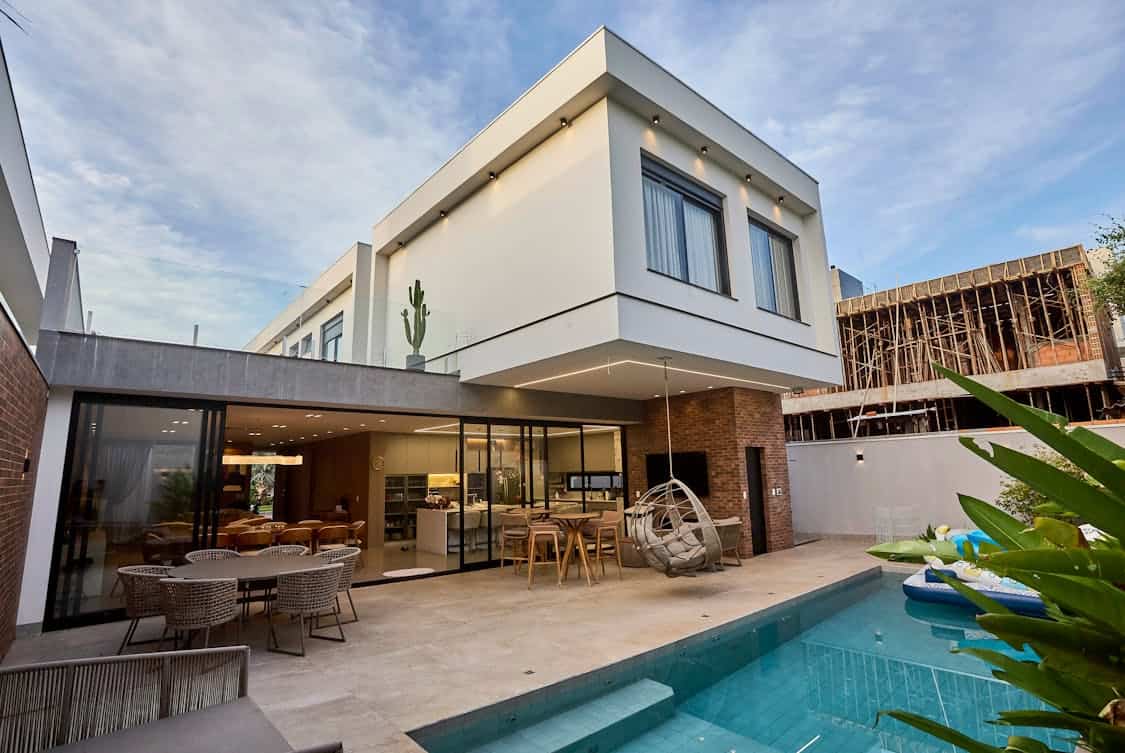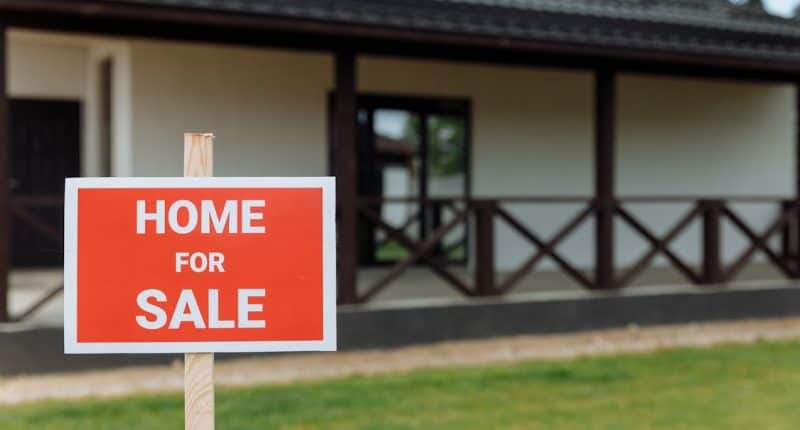Deciding between building a home or purchasing an existing one is a significant choice many face. Each option carries its unique pros and cons, and understanding them can help you make a more informed decision.
The Case for Buying an Existing Home
Buying an existing home often feels like a straightforward option. You can view multiple houses in a single day, allowing you to compare features and prices easily.
Plus, many properties come with established landscaping and, sometimes, even included appliances.
Speed and Convenience
One of the most appealing aspects of buying is the speed at which you can move in. From making an offer to closing the deal, the process can take just a few months.
You won’t have to wait for construction to finish, which can sometimes take a year or more. This is particularly attractive if you have a deadline, such as a job relocation or a growing family.
Established Neighborhoods
When you buy an existing home, you often gain insight into the neighborhood. You can assess local schools, amenities, and even the community vibe.
This isn’t just about the house; it’s about where you’ll be living. Getting a feel for the area can help you avoid unexpected surprises later on.
The Allure of Building a New Home

On the flip side, building a new home offers a sense of personalization that buying doesn’t.
You can choose the layout, materials, and finishes, tailoring the space to fit your lifestyle. This creates a home that is genuinely yours, reflecting your tastes and preferences.
Customization and Modern Features
Building allows for a fresh, modern design that meets current standards. Want energy-efficient appliances or smart home technology? You can include these in your plans.
This kind of customization ensures you won’t have to deal with outdated features or costly renovations shortly after moving in.
Long-Term Investment
A new build often requires less immediate upkeep than an older home. New homes come with warranties that cover major systems and appliances, giving you peace of mind.
You might save on maintenance costs for several years, making it a smart financial decision in the long run.
Financial Considerations
Whether you choose to build or buy, finances play a crucial role in your decision-making process. Costs can vary dramatically depending on location, size, and materials.
Upfront Costs
Buying an existing home usually requires a down payment, closing costs, and possibly some repairs or renovations.
In contrast, building may seem more expensive upfront, as you’ll need to cover the land, permits, and construction expenses. However, you should factor in the long-term savings associated with new builds.
Many buyers also find reassurance in the fact that house-and-land packages provide more predictable pricing, making financial planning less stressful.
Ongoing Expenses
Existing homes might come with hidden costs like aging roofs, outdated plumbing, or inefficient heating systems. New homes typically require less immediate investment in repairs and maintenance.
This can balance out the higher initial cost of building, making it more affordable over time.
Time Commitment
Time is often overlooked in the decision-making process. Building a home can take considerable time, and various factors can cause delays.
The Wait for Construction
Building a home isn’t like flipping a switch. It involves planning, permits, and construction. Weather, scheduling conflicts, and supply chain issues can extend the timeline.
If you’re in a hurry, this might be a significant drawback. A longer timeline means extended temporary living arrangements, which can be both stressful and costly.
Moving In Quickly
When buying, the timeline is generally more predictable. Once your offer is accepted, you can often move in within a few months.
For those wanting to settle quickly, this is an appealing factor. You can start enjoying your new life without the long wait involved in building.
Emotional Factors
Your emotional connection to a home is often as important as practical considerations. Your choice will influence your happiness, comfort, and sense of belonging.
The Heart of the Home
An existing home often carries a sense of history. It has witnessed lives, celebrations, and stories.
You might find charm in older homes, with unique architectural features that newer builds lack. This emotional attachment can make it easier to fall in love with a property.
Creating New Memories
On the other hand, building a home allows you to create a space that embodies your vision. From the layout to the finishing touches, every choice reflects your aspirations.
The excitement of designing a new home can lead to a profound emotional connection that resonates throughout your time there.
Sustainability and Environmental Impact
In today’s world, environmental considerations are more prominent than ever. How your home is built or renovated can impact your ecological footprint.
Energy Efficiency
New homes often come equipped with modern, energy-efficient features. Builders are more aware of sustainable materials and practices, which can lead to lower utility bills and a smaller carbon footprint. If sustainability is a priority for you, building might be the better option.
Renovating an Older Home
On the contrary, buying an existing home could allow for renovations that focus on sustainability. You can choose to upgrade windows, insulation, and appliances, making an older home more eco-friendly.
This route might take more effort and investment upfront, but it could provide a rewarding experience.
Market Dynamics
The real estate market can significantly influence your decision. Understanding the landscape can help in making the best choice.
Buying in a Seller’s Market
In a competitive market where demand exceeds supply, buying can feel like a race. Bidding wars can drive up prices, making it harder to find a home within your budget.
If you’re in this scenario, waiting to build might be wise, especially if you’re flexible with time.
Building in a Buyer’s Market
In contrast, when the market favors buyers, it’s often easier to find a good deal on an existing home. This can make buying a more attractive option.
However, building during such times can also be advantageous if you can secure land at a lower price.
Personal Circumstances
Your unique situation plays a critical role in the choice between building and buying. Consider your lifestyle, family needs, and future plans.
Family Dynamics
If you have a growing family, you may need more space and specific features, like a backyard or multiple bathrooms. Building allows you to customize according to your family’s needs.
On the other hand, if you’re downsizing or looking for a starter home, buying might offer more immediate satisfaction.
Future Plans
Think about your long-term plans. If you’re looking to settle down for the foreseeable future, building may suit you. However, if you anticipate moving within a few years, buying an existing home could be more practical. Flexibility can greatly influence your final choice.
The Decision-Making Process
The choice to build or buy isn’t just about finances or timelines. It’s an emotional and personal journey. Each option has its merits, and understanding these can help guide you toward a decision that aligns with your life goals.
To sum it up, both avenues offer unique advantages and challenges. Weighing these factors against your personal circumstances will ultimately help you find the right path.
Whether you find joy in customizing a brand-new home or cherish the history of an existing property, the decision is deeply personal yet profoundly impactful.









